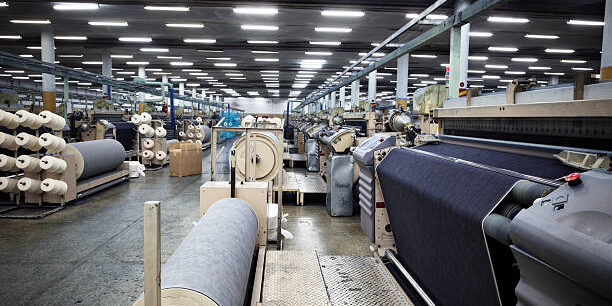California is once again leading the charge in sustainability with the passage of the Responsible Textile Recovery Act of 2024. This landmark legislation makes apparel and textile producers responsible for managing the collection, repair, and recycling of their products. The law, which is designed to reduce textile waste in landfills, has significant implications for supply chain and logistics operations within the fashion and textile industries.
By requiring producers to create a detailed plan for collecting, transporting, and processing used textiles, the law will transform the way supply chains are managed. Manufacturers will need to collaborate more closely with logistics providers to ensure the smooth movement of materials from consumers back into the production cycle. This extended producer responsibility (EPR) program mandates a shift toward circular supply chains, where the end of a product’s life is accounted for right from the beginning.
The logistics sector will play a crucial role in this new framework. From the transportation of used textiles to sorting facilities, to managing reverse logistics for repairs and recycling, supply chain professionals will need to adapt their networks to accommodate these processes. This transformation will not only reduce waste but also create new efficiencies in the movement of goods, as products are cycled back into production rather than discarded.
The law specifically calls for the establishment of a producer responsibility organization (PRO), which will oversee the entire process, including transportation and recycling logistics. This requires textile producers to coordinate with logistics providers to ensure compliance with regulations and effective execution of recycling and repair programs. Additionally, supply chains will need to become more agile, responding to changing regulations and consumer demands for more sustainable practices.
California’s forward-thinking approach could serve as a model for other states and countries, as the global fashion industry seeks more sustainable methods of production and distribution. With proper implementation, this new system could revolutionize how supply chains in the textile industry function, promoting circularity and reducing environmental impact.
#ICTTMNews #BreakingNews #SupplyChainNews #LogisticsUpdate #SustainableLogistics #TextileRecycling #CircularEconomyNews







